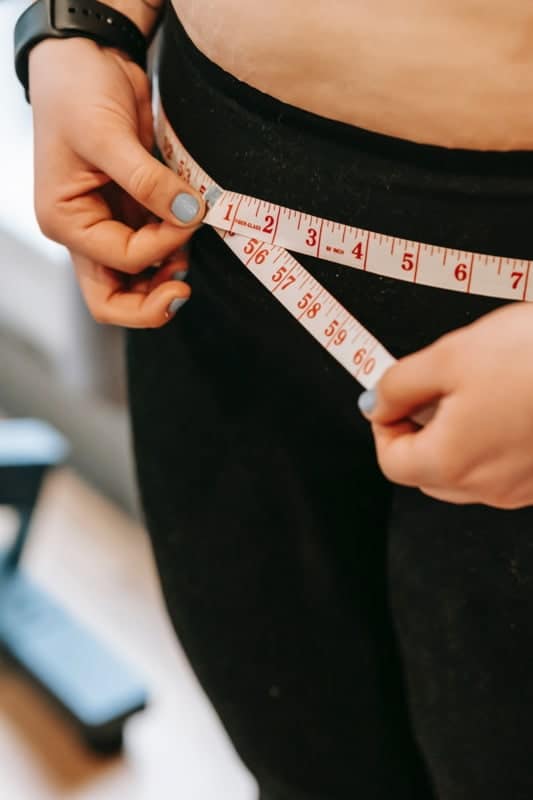
OHSS is a potentially serious complication from fertility treatment, where there is an excessive response to ovarian stimulation medications during in-vitro fertilisation (IVF). Rarely, this can occur after ovulation induction.
OHSS can be classified as mild, moderate or severe. Mild OHSS is common, occurring in 33 in 100 women undergoing IVF, while moderate/severe OHSS is rare, occurring in 1 in 100.
Ovaries go into overdrive from ovarian stimulation medications, become larger and release chemicals into the bloodstream. This causes your blood vessels to be leaky and fluid leaks out into your abdomen, lungs and sometimes around the heart. Other organs that may be affected include the kidney and liver. Blood clots and rarely, death have been associated with OHSS.
Symptoms include:
Majority of symptoms will go away in about a week’s time (or whenever your periods come if your IVF was unsuccessful). However, if you fall pregnant from your IVF, your symptoms will last a few weeks or longer. Pregnancies complicated by OHSS may be at a higher risk of having pre-eclampsia or preterm delivery, but the baby will not be affected.
If you suspect you may be developing OHSS, you should contact your gynaecologist immediately.
Your gynaecologist will take a detailed medical history and perform a physical examination. Your temperature, blood pressure, pulse rate, oxygen levels, weight, waistline, intake and output (urine volume) will be measured. You will be allowed to eat and drink to thirst. An ultrasound scan will be performed to check the size of your ovaries and the amount of fluid in your abdomen. If necessary, additional scans may be ordered to check for other complications such as fluid in your lungs, around your heart or any blood clots in your legs or lungs. You will need blood tests to check how concentrated your blood is as well as your liver/kidney function.
Things you will need whilst in hospital may include:
Most OHSS will get better with time, close monitoring and supportive treatment.